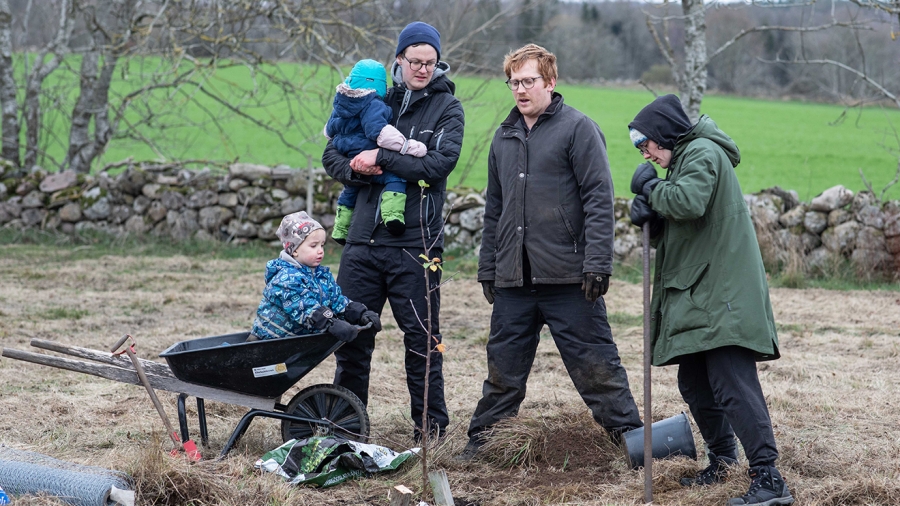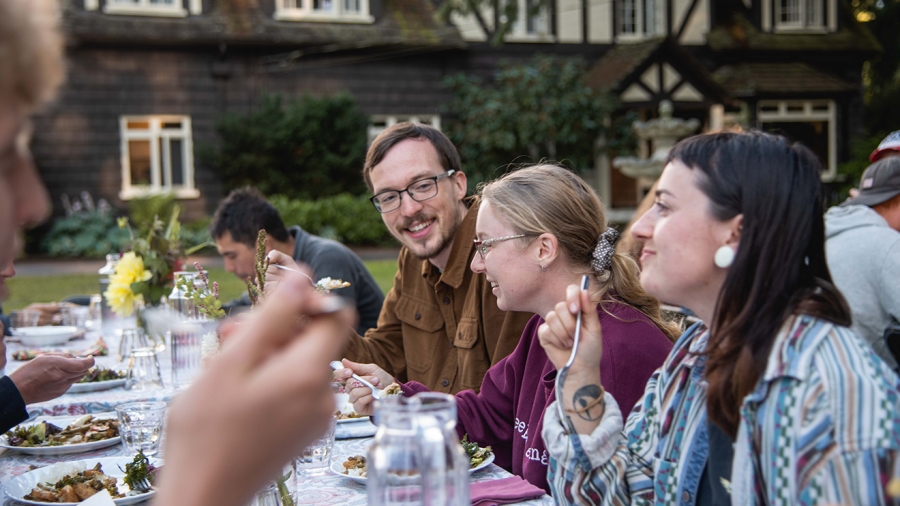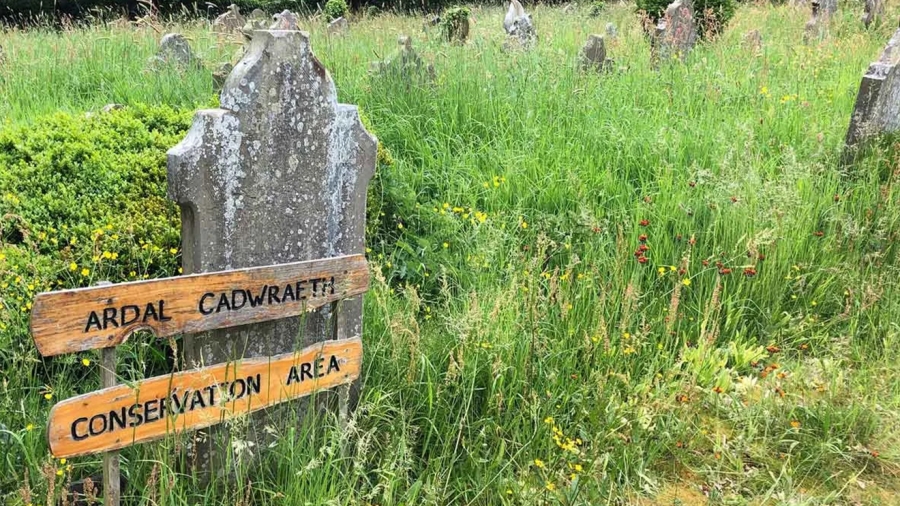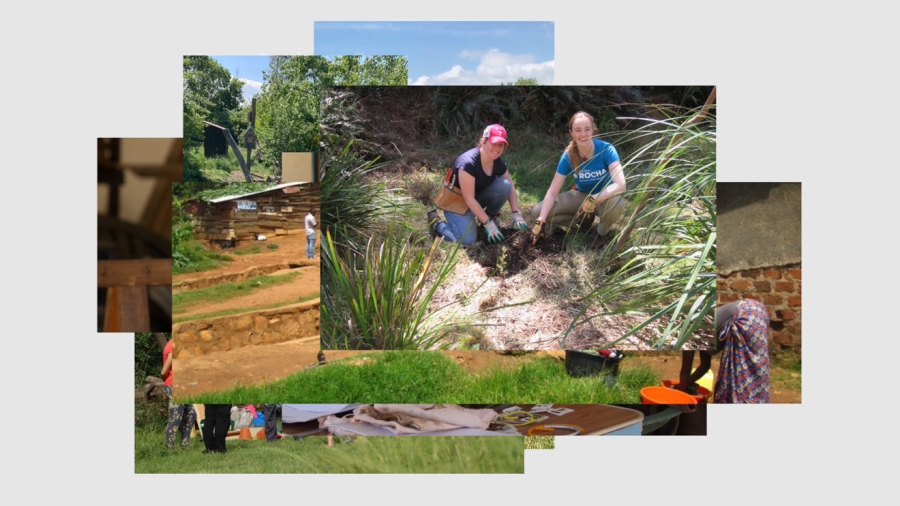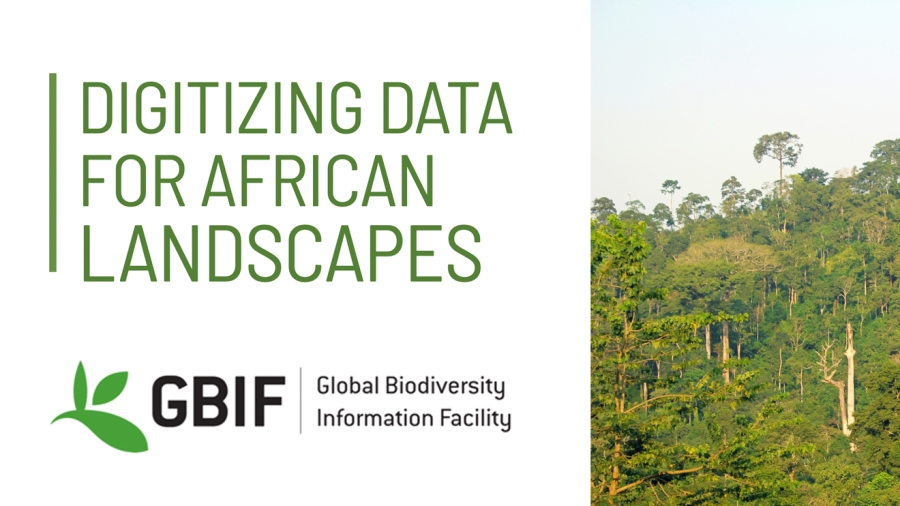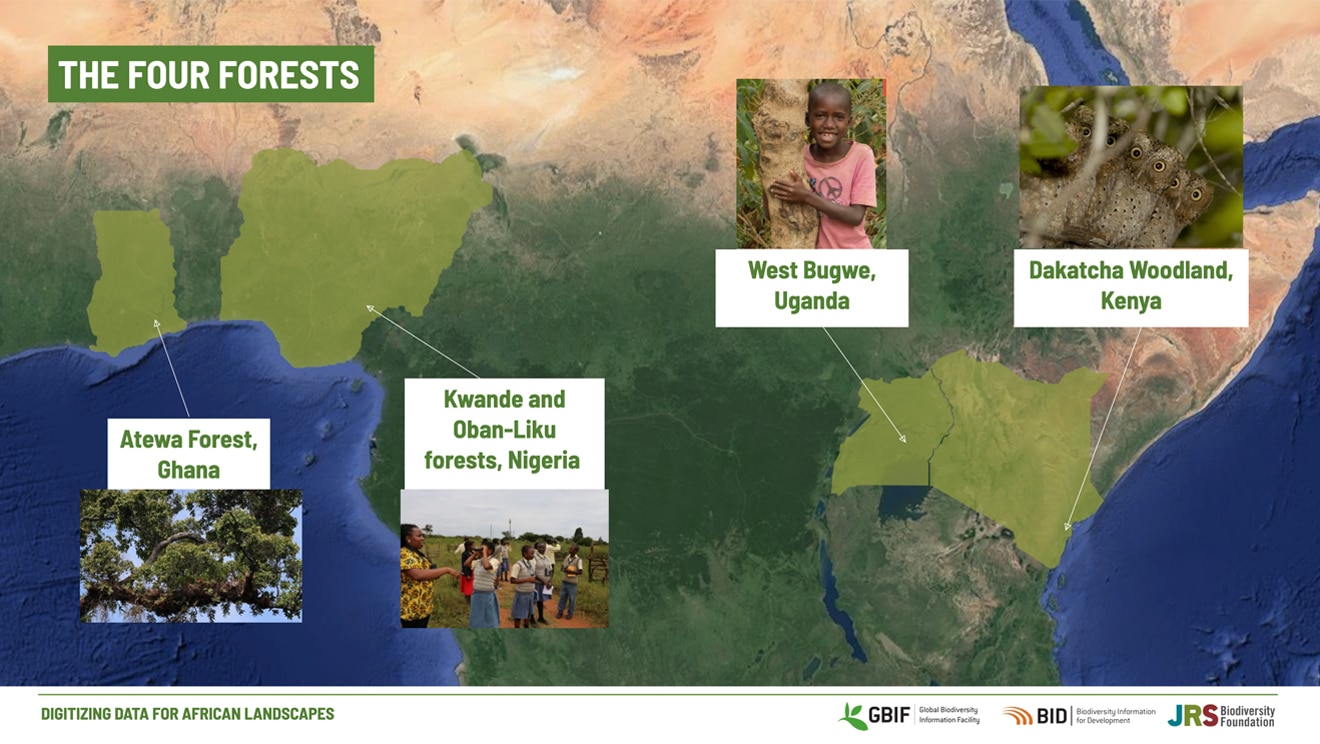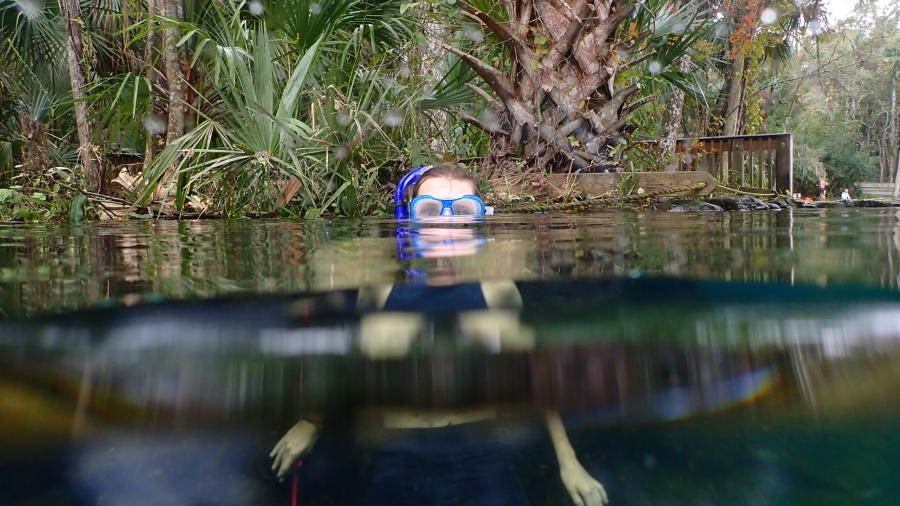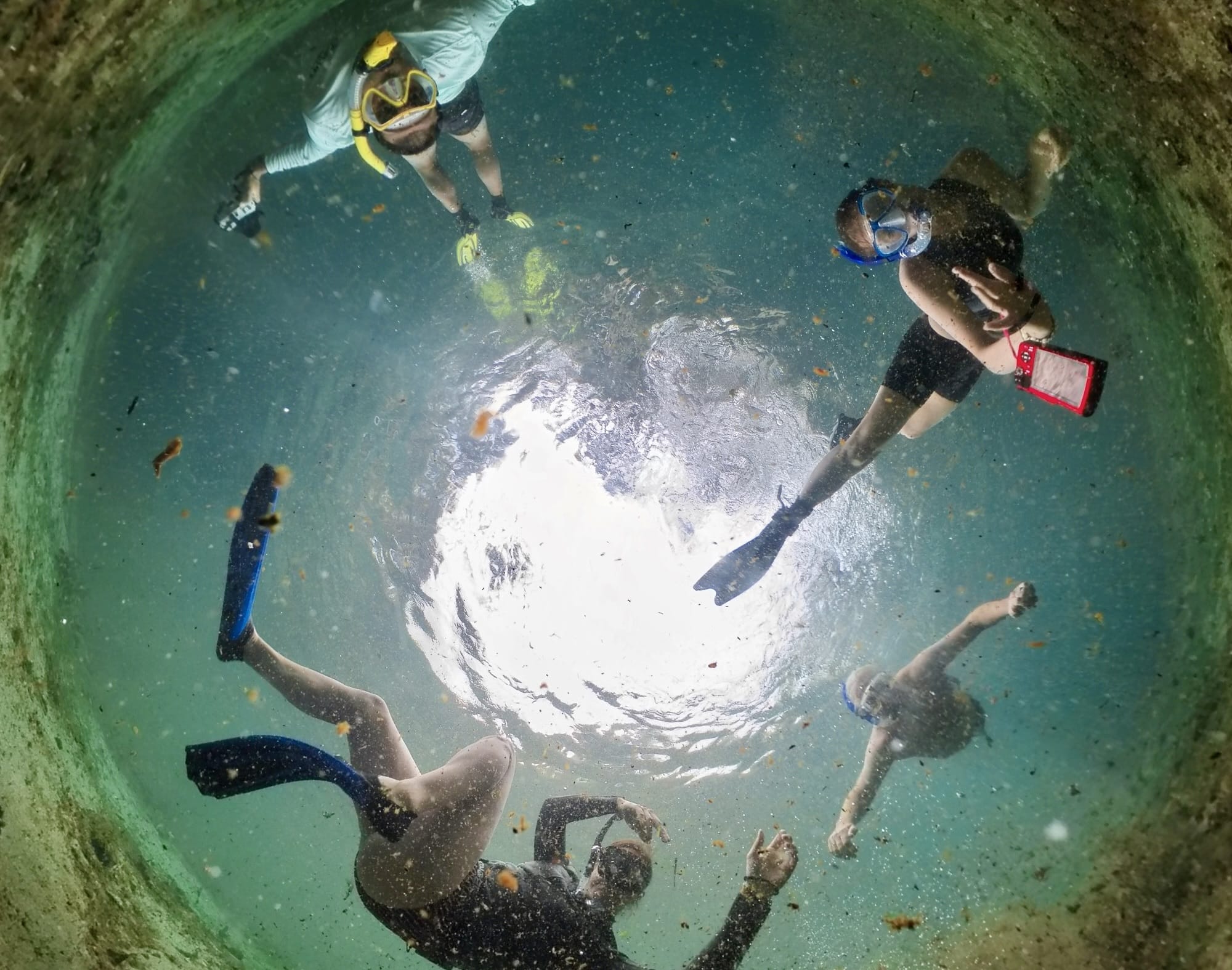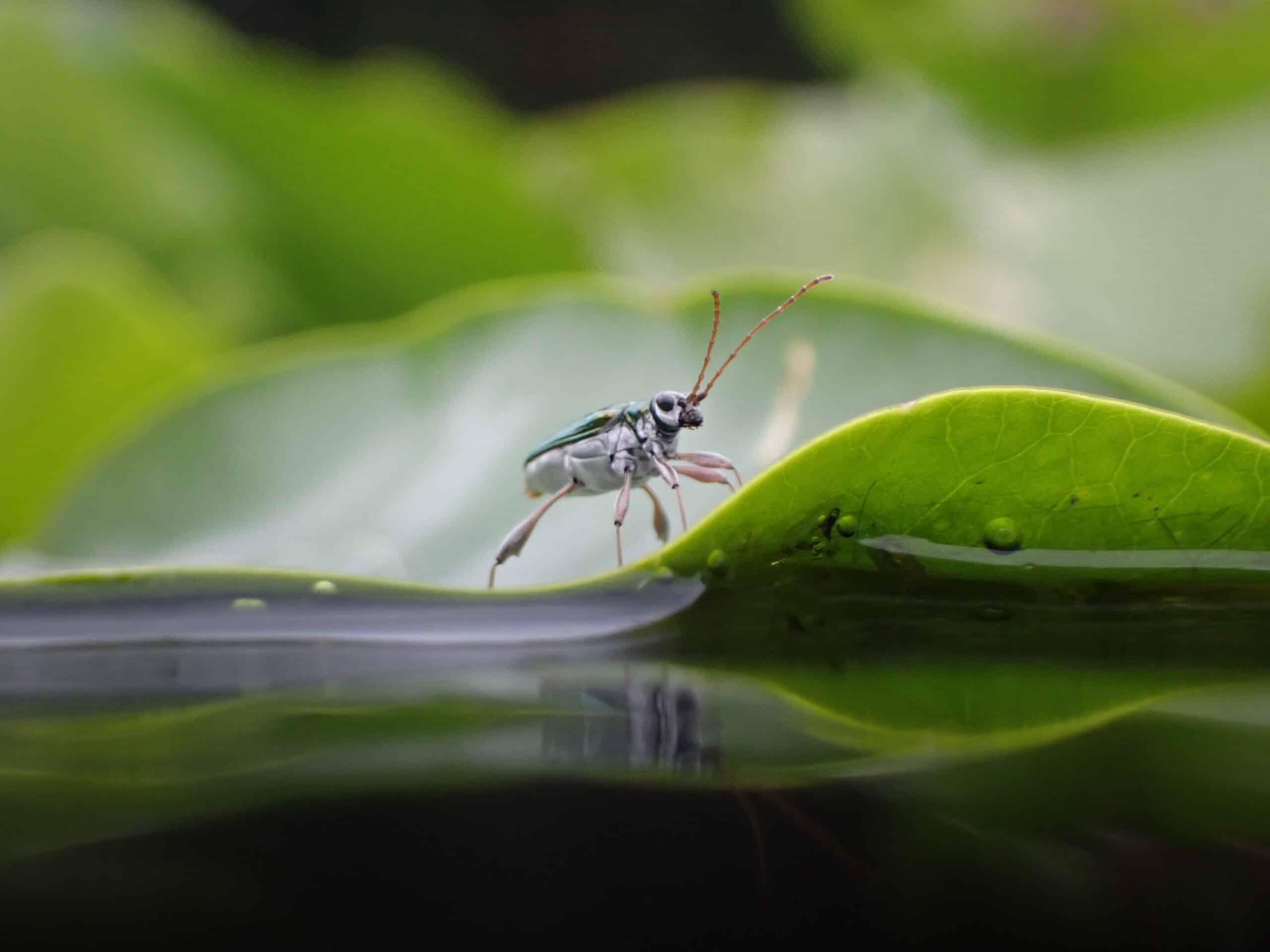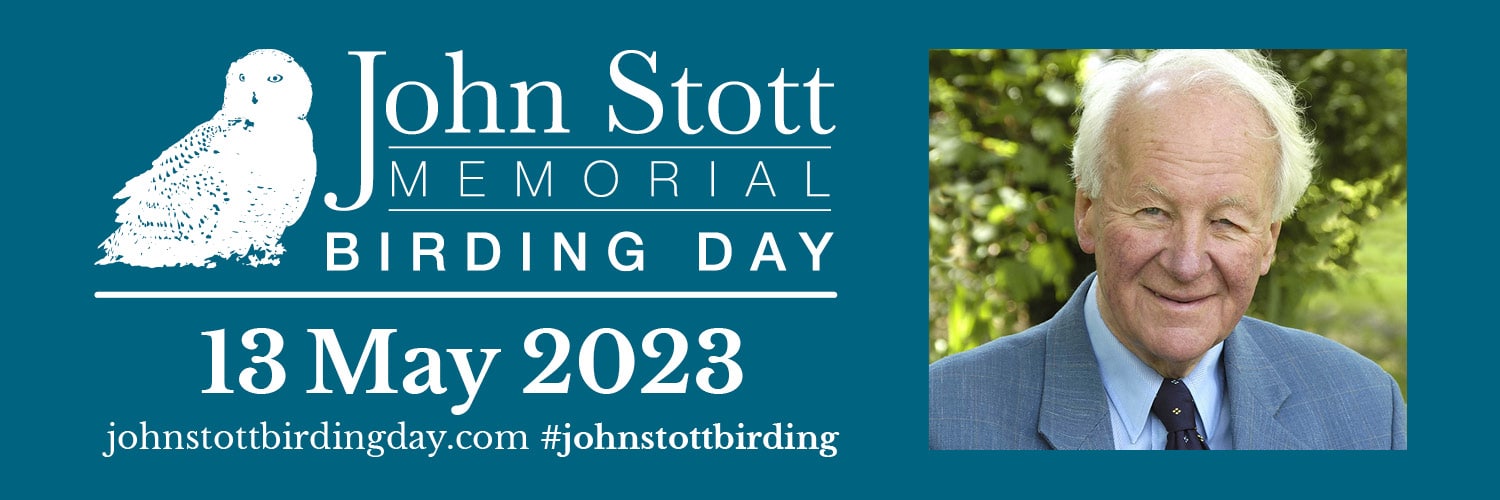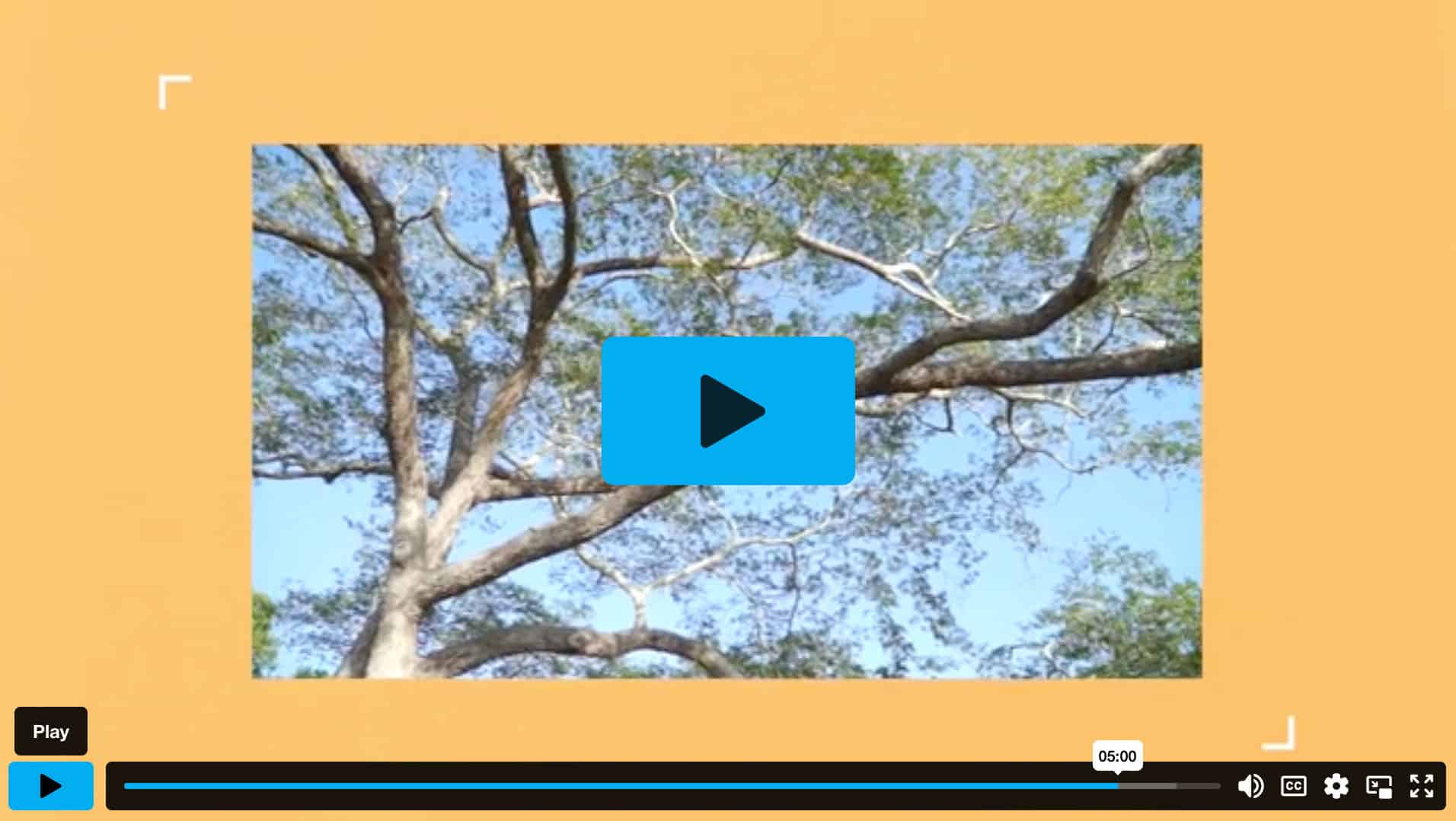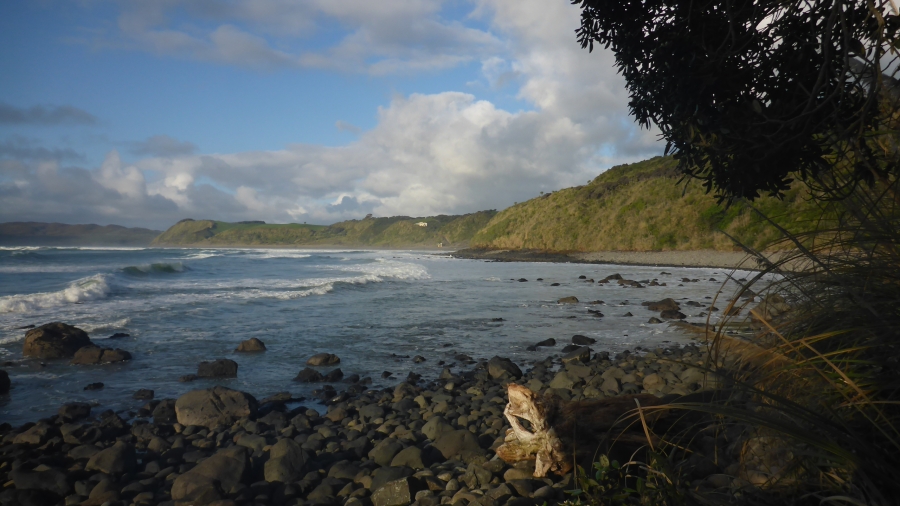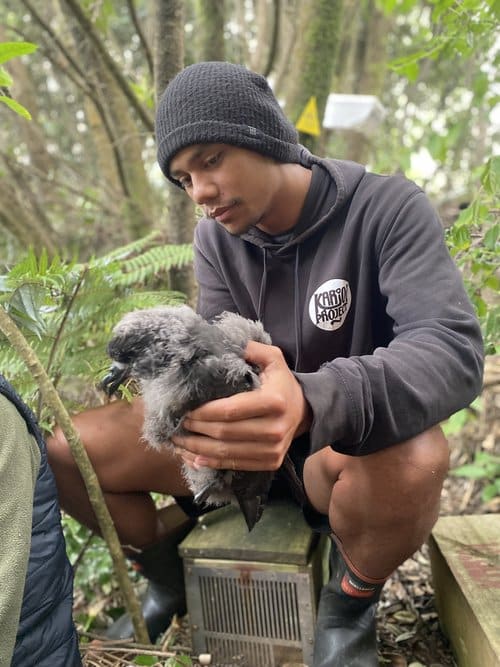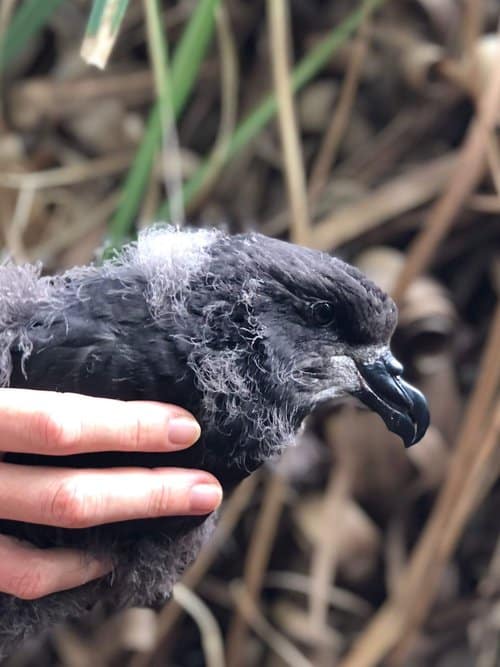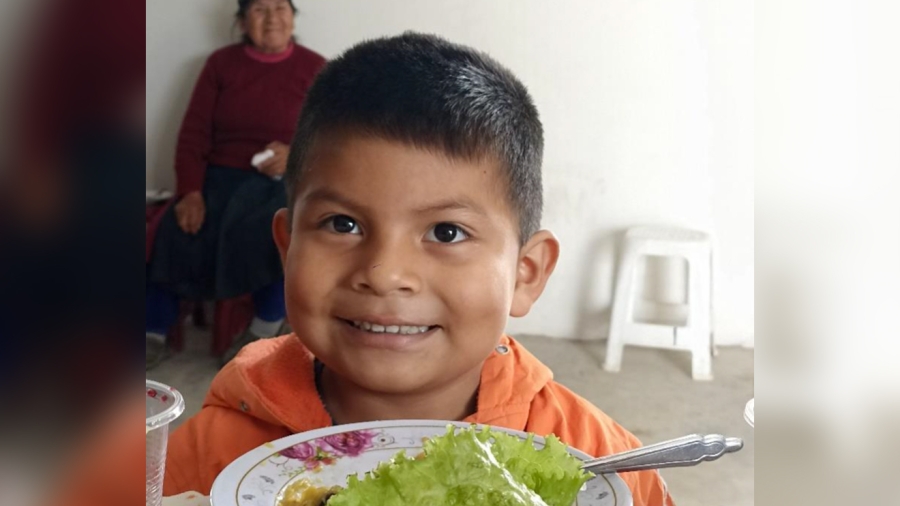An A Rocha KriNa community is taking root in Southeast Sweden, and with it, a new apple meadow is coming to life.
Anchored in the Kviinge parish (Swedish Lutheran Church) in Östra Göinge, A Rocha KriNa has sparked interest in creation theology and conservation work. In the spring of 2022, they started the process of planting an apple meadow. They began by collaborating with the local group Göinge slåttersällskap (‘mowing association’) to carry out controlled burning of vegetation. This association is working for the restoration of old meadows, sharing knowledge about managing meadows, and passing on the craft of scything. 25 people of different ages participated in the work, gaining practical knowledge on caring for meadows and their importance for biological diversity. The burnt meadow was quickly transformed as green healthy grass grew up.
In August, the Göinge mowing association returned and held a course in scything. 20 participants practiced the traditional art of mowing grass, and they were even visited by the governor of the county of Skåne, Anneli Hulthén. By October, the entire meadow was mowed. The first apple tree was planted in November and now five are in the ground. In the future, A Rocha KriNa will sow flowering meadow plants, mow the grass in the summer and continue planting trees.
The apple trees are rootstocks of various types (slow-growing and vigorous-growing) with different apple varieties grafted onto them. Before they were put in the ground, they were cared for and watered regularly for two to three years. This project strives to benefit pollinators, produce fruit in an ecological way and create a beautiful place, invoking fascination, rest and worship. Working with apple trees takes a long-term commitment, and we hope that this meadow will be a testimony of A Rocha’s Christian hope for many years to come!
